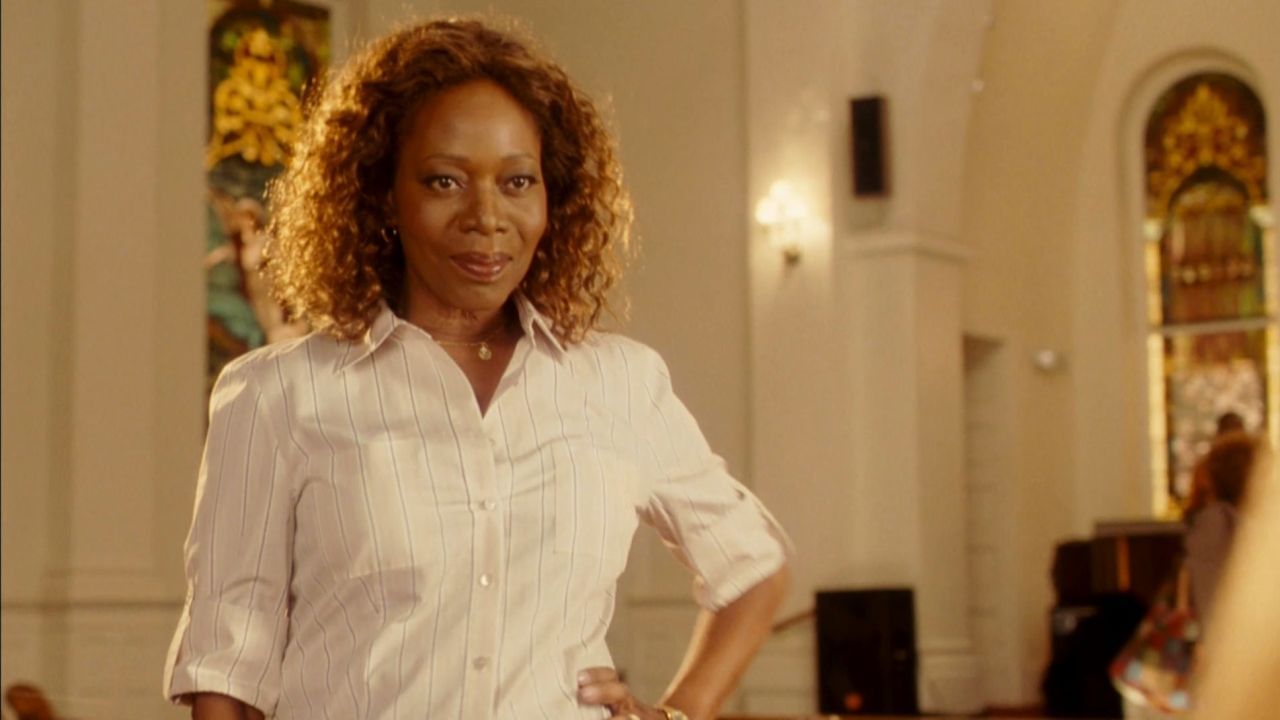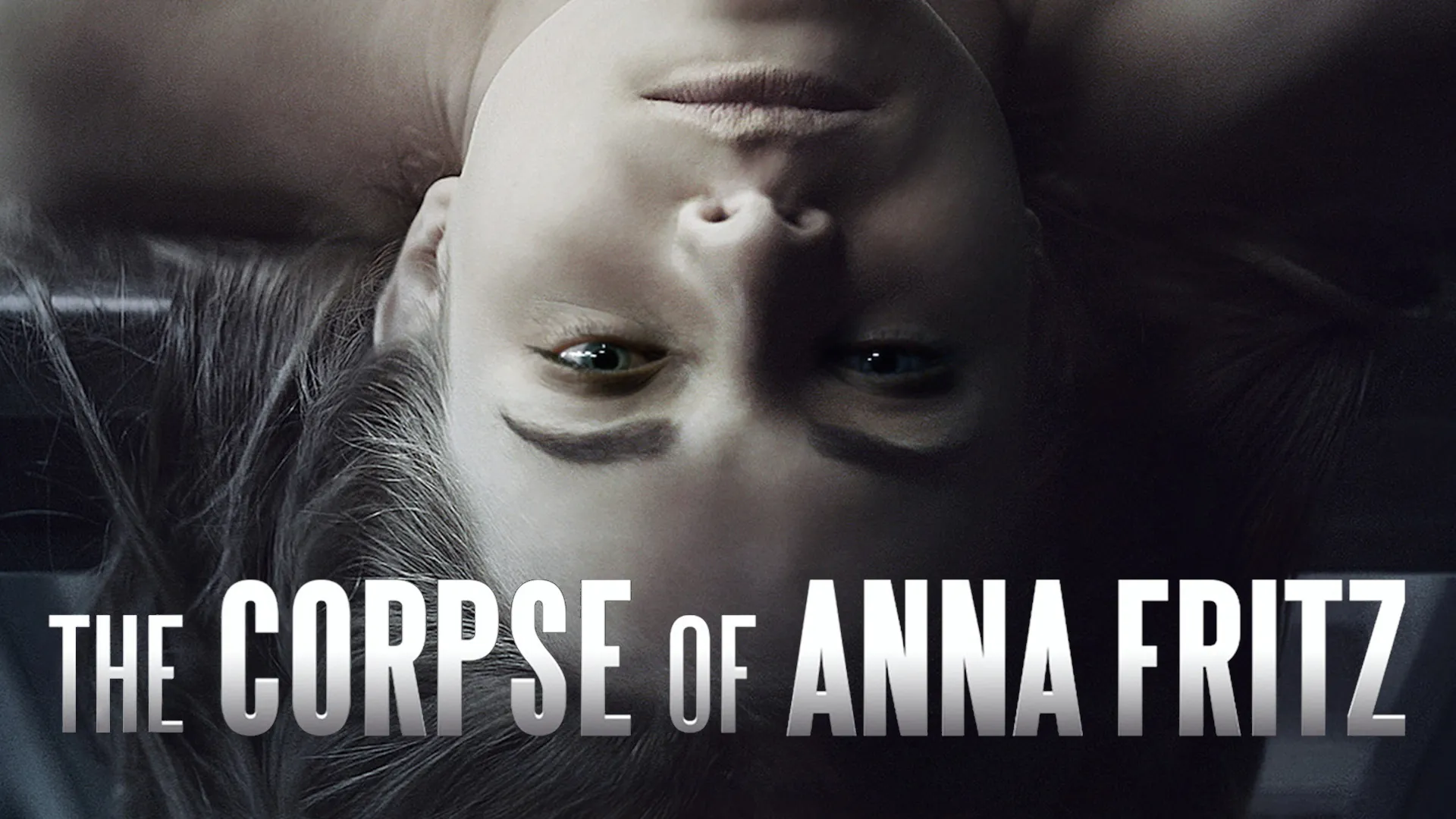Sometimes the people closest to you are the ones who cause the deepest wounds
In The Family That Preys (2008), director Tyler Perry crafts a powerful family drama that dives deep into the complexities of loyalty, ambition, and morality. At its core, the film explores how two families—one wealthy and white, the other working-class and Black—become entangled through friendship, business, and secrets. This is not just a story about family ties, but about what happens when those ties are manipulated for personal gain.
Charlotte Cartwright (Kathy Bates), a wealthy and poised businesswoman, shares a decades-long friendship with Alice Pratt (Alfre Woodard), a humble and principled diner owner. Their relationship represents the emotional backbone of the film. Despite their different socioeconomic backgrounds, the two women support each other through the storms of betrayal, ambition, and family drama. Their cross-cultural bond acts as a moral compass as the narrative spirals into themes of greed and deception.

The drama intensifies through the actions of Charlotte’s son, William (Cole Hauser), and Alice’s daughter, Andrea (Sanaa Lathan). Andrea, caught in an affair with William, secretly plots to gain financial power behind her husband’s back, showing just how corrosive ambition can become when left unchecked. The film doesn’t just show betrayal—it dissects it. Tyler Perry uses these characters to reflect how the pursuit of status and money can fracture both marriages and mother-child relationships.
In contrast, Alice's other daughter, Pam (Taraji P. Henson), serves as a moral counterpoint. Loyal, hardworking, and deeply intuitive, Pam sees through the lies and betrayal long before others do. Her tension with Andrea adds fuel to the narrative, showcasing a clash between values and vanity. Meanwhile, the husbands of both women, Chris and Ben, try to hold their ground in a world that seems to be moving without them.

What makes The Family That Preys stand out is its emotional sincerity and willingness to portray flawed people in real-world dilemmas. Instead of offering neat resolutions, the film shows how consequences must be faced head-on. The final scenes, especially between Charlotte and Alice, are a graceful but heartbreaking commentary on dignity, choice, and the legacy we leave behind.



-1752632942-q80.webp)